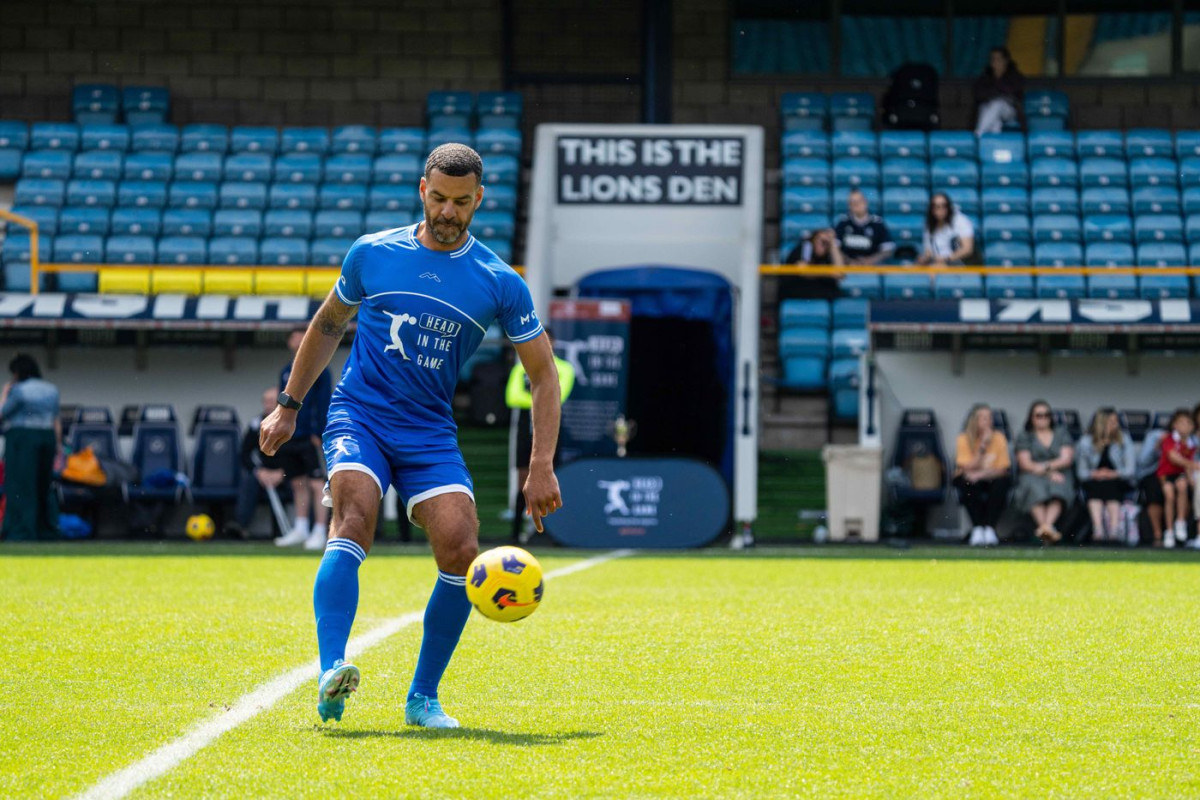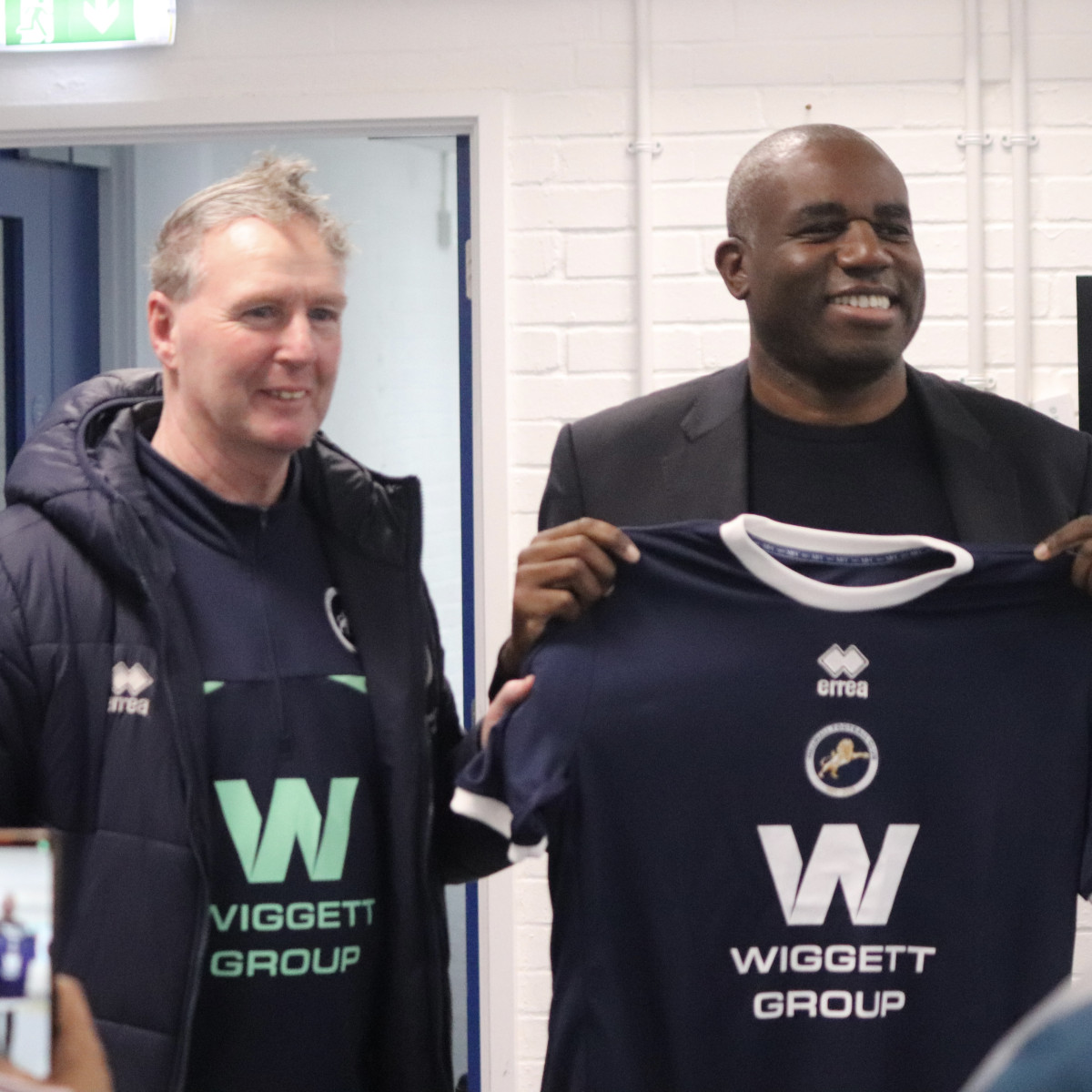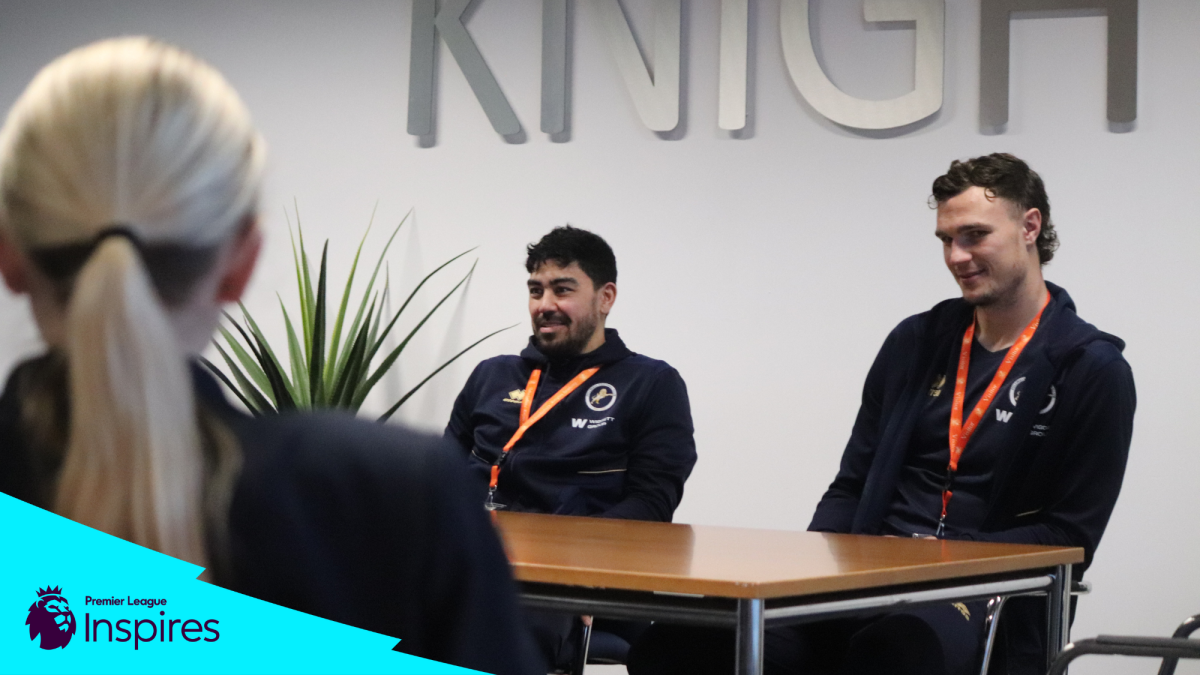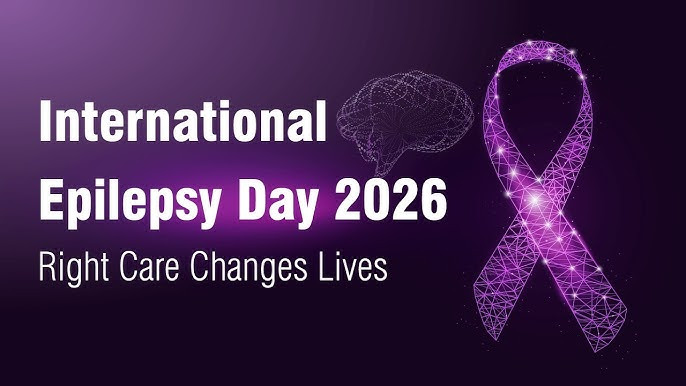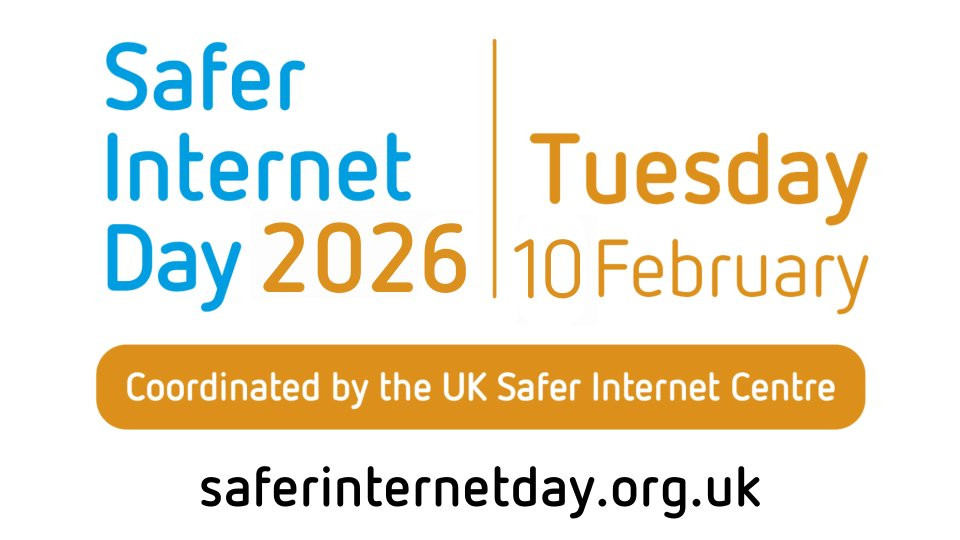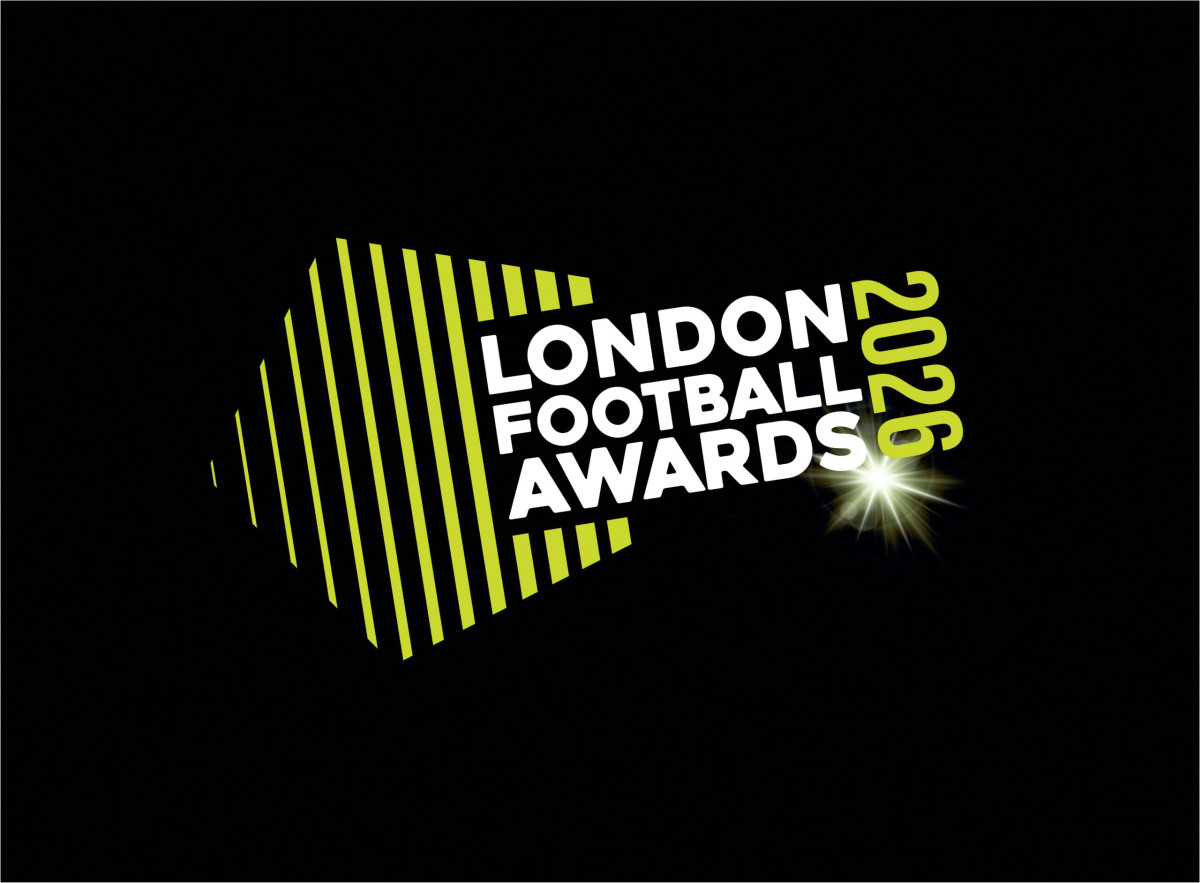Millwall Community Trust (MCT) ground breaking work was showcased in the Daily Mail newspaper last week with the title ‘How football clubs are helping to save their fans’ lives’.
The article focused on the great work professional football clubs are completing in their community to support residents, around health and wellbeing.
Chris Payne - who is a Millwall fan - attended Head In The Game’s Adult Mental Health sessions at millwall community .
The sessions helped turn his life around and he speaks through his experience in the section below.
You can read the section which includes Millwall Community Trust below:
++++++++++++
Where are you going for your next check-up - the GP, a hospital or perhaps your local football club?
It might sound unlikely, but clubs are increasingly playing a pivotal role in the health of their local communities.
What began with pop-up clinics for blood pressure and diabetes checks at stadiums as a way for health services to engage with men - who are notoriously poor at accessing healthcare through conventional NHS services - has snowballed in recent years.
Many clubs now offer health services to men and women - fans and non-supporters - that target a wide range of conditions, from bowel cancer to Parkinson's disease and depression. In some cases, they are available pitch-side. With 36 million UK residents living within ten miles of a football ground, the sport is well-placed to reach people who might otherwise ignore telltale symptoms.
'We use the power of the "club badge" and the affinity people have with their team, to deliver a range of services • says Adrian Bradley, head of health and wellbeing at the English Football League Trust, which represents charities linked to professional football clubs across England and Wales.
Some of the key initiatives include the Fit Fans healthy lifestyle scheme, which tackles poor diet, and the Extra Time Hubs, which support older people suffering from post-Covid stress, anxiety, and loneliness.
Freddie Hudson, head of community at Arsenal Football Club, oversees a team that runs 35 community programmes helping those living with Parkinson's, prostate cancer, and lung problems. They have 4,000 people enrolled on their programmes.
A football club's natural engagement with the community gives them the ideal platform to connect, where other services might struggle perhaps through stigma, as is common with mental health services.' says Freddie Hudson. 'Men particularly are often reluctant to engage and may ignore symptoms until things have progressed to a point where conditions are more difficult to treat, so early intervention is the key and that's where football can really help.
'But this is different to going to see a GP. People meet fellow fans with that passionate common interest who are experiencing the same challenges that they are in a more human, less clinical environment.
Most of the services on offer are paid for partly by the clubs themselves, the Premier League or the NHS. Here, Good Health talks to four people whose health has been turned around - and in some cases whose lives have been saved - by initiatives at their local football clubs.
PITCHSIDE THERAPY GOT ME THROUGH
DEPRESSION
CHRIS PAYNE, 37, works in technology recruitment and lives in Ashford, Kent with girlfriend Natalie, 36, a children's counsellor. He says: ‘There was a point in 2021 the pandemic was going on and I had come out of an abusive relationship - when I started to feel really low: I was sad pretty much all the time, my self-esteem was poor, I wasn't sleeping well and I didn't want to do things - but if anyone asked me how I was I would say I was fine. I didn't even confide in Natalie.
‘I was in denial about how I was feeling and because of that I certainly didn't think there was any point in consulting a doctor.
‘I happened to see an advert about Head In The Game a weekly session of football and talking therapy for men aged 18-55 who are struggling with their mental health on Millwall's Facebook page (I'm a Millwall fan) and mentioned it to Natalie.
‘What caught my eye was the chance to play football - which I loved doing but hadn't done for a while.
‘To be honest, I thought the therapy sounded like a load of mumbo jumbo, but Natalie urged me to go.
'So, I gave it a try, and thank God I did because if I hadn't, I would have ended up back with the full-blown depression that had haunted me in my early 20s when I struggled to get out of bed every day.
‘The first session was at The Lions Centre, next to Millwall FC's ground at The Den. You start with football and then a talking session. One of the turning points for me was when they asked us to rate our mood from one to 11 - one being bad and 11 being great. It made me realise how low my mood was.
‘All the men there rapidly came out of their shells and really started to feel comfortable talking about their emotions - me included. I just wouldn't have been like that in any doctor's surgery.
‘We learned about the importance of getting enough sleep and eating well. After just two of the 12 sessions I felt so much better that Natalie was joking about the transformation in me. She had never known me talk about my feelings so much.
‘In fact, I was so impressed by the results that I trained to become a volunteer football coach for Head In The Game - we also have mental health professionals in the scheme, and anyone aged over 18 can take part. It has changed my life 100 per cent and the ripple effects have been lifesaving.
‘Seven months after I completed the 12-week programme - I received a phone call out of the blue from a team-mate at a Sunday team I had played with. He was sitting in his car, and he was suicidal. He just said to me: 'I didn't know who else to turn to and I'm not OK.
‘He said he felt like ending his own life. I managed to persuade him to drive home, where I met him. He burst into tears and had a breakdown right in front of me, and I just listened. him. He burst into tears and had a breakdown right in front of me, and I just listened. It was a long road from that point but he's doing a lot better now and has thanked me for helping. I truly believe that without Head In The Game, he wouldn't have trusted me enough to call me. I'm utterly convinced we saved his life; a And I couldn't be prouder of Millwall. They were the first club to be involved with Head In The Game and that has just strengthened my love for the club; they really do care.’
